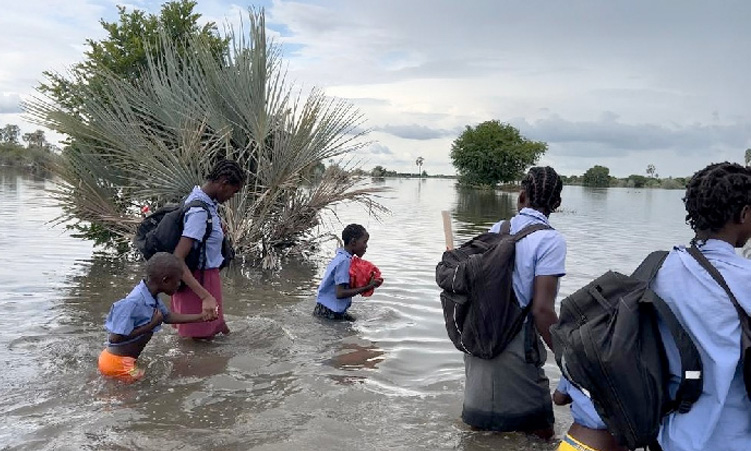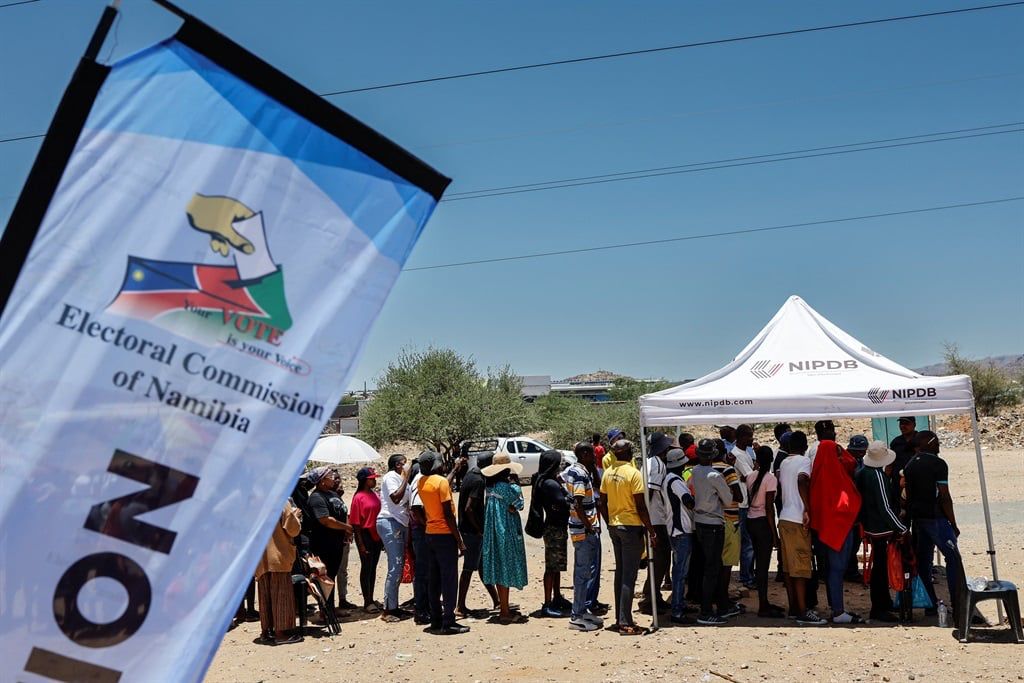Project manger of the Kalimbeza rice project Patrick Kompeli says they need adequate funding to buy equipment and machines for the state-run irrigation scheme.
Kompeli says only then will the project would reach its full potential.
He says N$8 million is with the Ministry of Agriculture, Water and Land Reform, and is earmarked for consultant services.
“The money will be used to do a feasibility study on topography, land survey, design of the field, tender documentation and contract supervision for the construction of the dykes. Furthermore, it will be used to fix the drainage system, field levelling, access roads, and upgrading of the pump station,” he says.
Kompeli adds that the project lacks equipment for cultivation such as walking tractors, rice trans-planters, sowing lines, soil crushers, and a new rice processing machine.
“Currently, the project only has two functioning tractors out of the six, and only one vehicle is functioning out of the two we have,” he says.
He says uneven land surfaces make irrigation difficult, which leads to poor yields and a high weed population.
“The project fence keeps on being vandalised by community members. The project has no other means of income as it solely depends on rice sales,” he says.
Kompeli, however, says after two years of not planting rice, they have managed to successfully transplant 33ha of short variety rice by hand in October.
He adds that they are still left with 17ha.
“Our target for this season is to plant 50ha. We are busy with the land preparation for the long variety of rice that will be planted on the remaining 17ha by the end of November,” he says.
Kompeli says there are currently 11 permanent staff members at the project and about 60 casual workers that assist with transplanting and weeding.
Over the past 17 years, the government has injected millions of taxpayer dollars into the Kalimbeza rice project, which still has not reached its full potential.
The latest injection into this rice project is N$8 million for the 2024/25 financial year.
President Nangolo Mbumba in March announced that the government approved a sugar plantation to be established on part of the Kalimbeza rice project, and a sugar processing plant at Katima Mulilo.
Agriculture ministry spokesperson Simon Nghipandulwa says they are currently addressing the limited funding, frequent flooding and other operational issues to ensure that the project becomes successful and sustainable, to ultimately contribute to the nation’s food security.
“Five tractors and two disc harrows that had been out of service have been repaired. Additionally, a new rice combine harvester was delivered in October to enhance harvesting efficiency. A consultant has been appointed to conduct a feasibility study on how to mitigate the flooding issue, including the design of a potential barrier to prevent overflow from the river. The study will also include plans for field levelling and the development of an effective irrigation system,” he says.
Nghipandulwa says an additional N$1.44 million has been transferred to the project account to address immediate needs, and N$1.5 million has been allocated for connecting the logistics centre to the existing solar plant to enhance operational efficiency.
“We will continue to prioritise the necessary investments and interventions to improve the productivity of the rice fields,” he says.
The Kalimbeza project grows three varieties of rice: Supa, Irga and Angola.
The project is situated about 56km outside of Katima Mulilo and covers an area of 229ha, of which only 150ha are irrigable land.
Stay informed with The Namibian – your source for credible journalism. Get in-depth reporting and opinions for
only N$85 a month. Invest in journalism, invest in democracy –
Subscribe Now!










